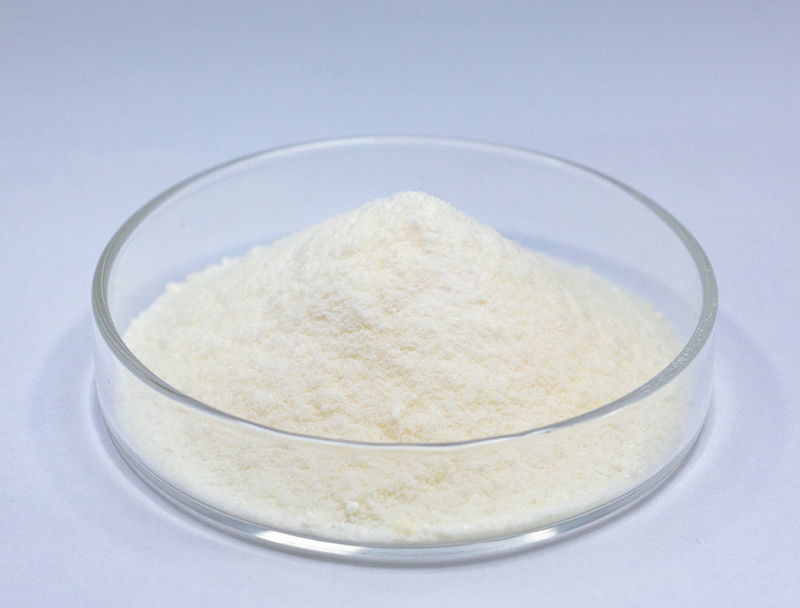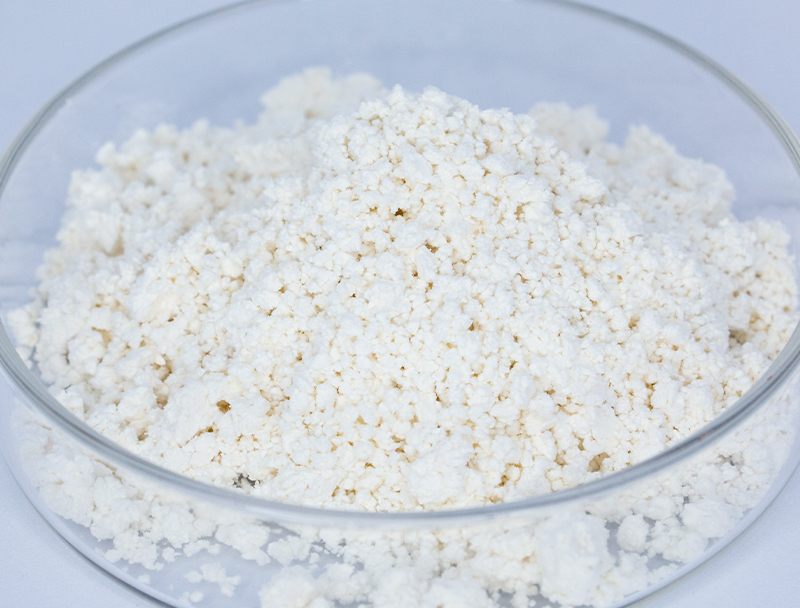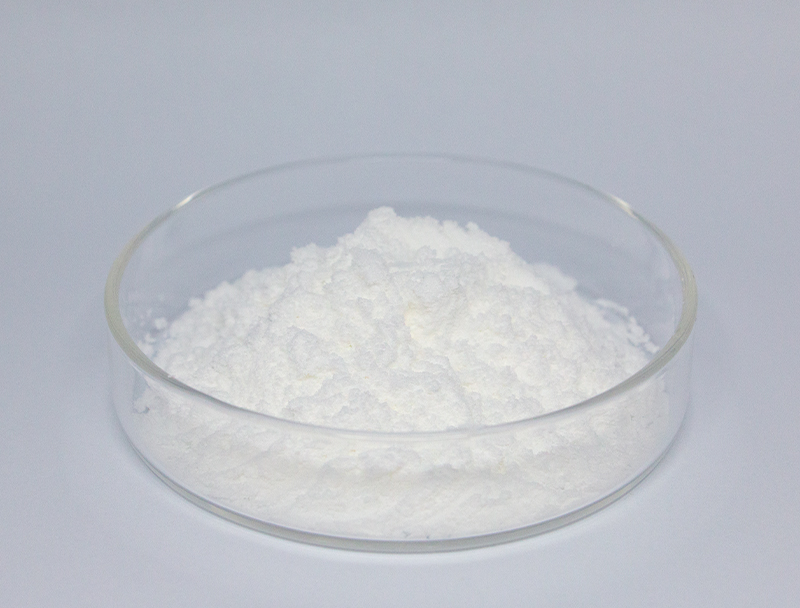
Bioprocessing depends strongly on a vast array of substrates to produce innovative bio-based products.
Maintaining durable supply chain sourcing remains essential to industry resilience and responsible expansion.
several issues arising from typical material sourcing for instance pollution and systematic depletion of reserves. Hence, industry players ought to pursue innovative supply solutions to lower carbon burdens.
- Illustrations of eco-conscious sourcing involve:
- Utilizing renewable feedstocks derived from agricultural byproducts
- Integrating recovery systems to shrink waste while improving throughput
- Teaming up with provincial partners who practice sustainable procurement
Such a move to ethical procurement delivers ecological gains and commercial returns over time.
Tuning Feedstock Characteristics for Higher Biofuel Efficiency
Optimizing biofuel yields depends strongly on feedstock quality and makeup. Engineers continually develop approaches to improve biomass suitability, producing improved fuel yields and a lower-carbon energy pathway. This involves genetic modifications to increase biomass production, as well as pretreatment techniques that break down complex plant materials into more readily fermentable sugars.
- Additionally, researchers are focusing on identifying new sources of biomass, such as algae, waste products, agricultural residues, to expand the range of sustainable feedstocks available for biofuel production.
- By means of ongoing innovation the biofuel sector can achieve substantial advances soon, shaping a cleaner energy future.

Biopharmaceutical Production: Innovations in Upstream Processes
comprises front-end procedures like culture expansion and cell retrieval Modern progress within the sector has contributed to more efficient processes and higher production.
Significant developments incorporate advanced biological platforms, tailored medium blends, and precision reactor engineering. The improvements increase output while decreasing cost structures and sustainability impacts.
- Also, evolving practices favor continuous flow processing which supports more agile upstream control.
- The progression to advanced biomanufacturing approaches should modernize the field and quicken therapeutic progress.

Molecular Editing Strategies to Increase Bioproduct Output
refinements in gene-targeting technologies have advanced protein production workflows. Via deliberate gene edits, teams amplify protein expression for higher yields. The strategy paves the way toward accessible, high-yield therapeutics across disease spectra.
Microbial Biotechnology as a Sustainable Cleanup Strategy
promising microbial strategies enabling effective environmental cleanup and restoration. Specialized microbes can enzymatically degrade pollutants to reduced-toxicity products.. By harnessing this natural potential, we can develop environmentally friendly strategies for cleaning up contaminated sites and mitigating the negative impacts of industrial activities.. Research teams analyze microbial diversity to find candidates that metabolize heavy metals, break down pesticides, and treat oil-contaminated matrices.. They can be integrated into bioreactor platforms or introduced in the field to stimulate microbial breakdown of hazardous compounds..
The use of microbial biotechnology in bioremediation offers several advantages over conventional methods. It is a cost-effective and environmentally friendly approach that minimizes the generation of harmful byproducts. Likewise, microbial systems can selectively degrade contaminants while sparing the wider environment. Research efforts persist to upgrade the potency and implementation of microbial remediation strategies.
Leveraging Bioinformatics for Novel Therapeutics
Bioinformatic tools play an increasingly crucial role in the modern landscape of drug discovery and development. By leveraging complex datasets, bioinformatics expedites discovery and optimizes candidate safety and potency.
- Through mining large genomic, proteomic, and clinical repositories, informaticians reveal new targets and forecast drug behaviors.
- Also, in silico modeling of molecular interactions accelerates optimization toward more selective therapeutics.
- Ultimately, bioinformatics modernizes development workflows and expedites access to safe, beneficial medicines.
Synthetic Biology Routes for Elevated Bioproduct Synthesis
applies assorted techniques to boost microbial synthesis of valuable compounds. These strategies can involve genetic modifications to optimize metabolic pathways, regulation of gene expression, and the introduction of novel genes to confer new capabilities.. With precise metabolic tuning scientists can greatly enhance yields of desired compounds.
The multifaceted strategy promises to reshape sectors like biotech, agritech, and renewable fuel industries.

Scale-Up Challenges and Prospects for Biopharmaceuticals
Upscaling therapeutic manufacturing brings major obstacles along with promising prospects. Ensuring product consistency at larger manufacturing scales represents a major hurdle. Tackling it demands tightly integrated control systems, precise surveillance, and state-of-the-art analytics.

Also challenging is the layered complexity of biomanufacturing encompassing numerous sequential steps.. Optimizing these processes for large-scale production can be a complex undertaking, requiring extensive research and technological innovation.. Nevertheless, the upside can be significant. Well-executed upscaling can improve therapy access, decrease costs, and enhance economic trans-Cinnamic acid performance.
Various efforts target the core issues of industrialization. Approaches include cutting-edge process optimization tech, comprehensive analytics for control, and disruptive manufacturing designs.
- Innovation programs are essential to expand production competencies.
- Regulatory agencies are working to streamline approval processes for new manufacturing technologies, facilitating innovation in the field.
Regulatory Strategies for Biopharma Compliance and Patient Protection
Engineering biologic therapies includes robust governance to assure patient safety and measure effectiveness. Biologically derived medicines entail particular manufacturing and regulatory complexities compared with chemical drugs.
Institutions such as the U.S. FDA and European EMA lead in formulating regulations and benchmarks for biologic approvals..
Rigorous testing protocols are mandatory throughout the development lifecycle, from pre-clinical research to post-market surveillance.. Those requirements help reveal risks and confirm that biologics satisfy stringent safety criteria..
In addition, regulatory entities adapt their frameworks to stay current with rapid research and technological developments.. Measures involve adopting innovative technologies and enabling development acceleration without compromising patient welfare.

Plant-Origin Feedstocks in the Production of Bioplastics
The expanding market for green materials prompts increased R&D into bio-based solutions. Among these, bioplastics, produced from plant-derived biomass feedstocks, offer a promising avenue towards a greener future. Sources like cornstarch, cellulose fibers, and sugarcane biomass can transform into compostable plastics that decompose and reduce pollution.
Moreover, bioplastics can mirror key properties of fossil-derived plastics and fit diverse application needs.. Continuous development will unlock plant biomass value for sustainable bioplastic production and support circular systems.
Biotechnology Driving Advances in Health and Agricultural Stability
Modern biotech tools present opportunities to improve global health and stabilize food production. Through CRISPR, synthetic circuit design, and cell therapy progress, developers generate methods to counter infectious agents, optimize crops, and elevate nutritional profiles.. For instance, genetically modified crops can be engineered to resist pests and environmental stresses, leading to increased agricultural production and reduced reliance on harmful pesticides.. Likewise, biotechnology enables new vaccines, novel therapeutics, and improved diagnostics essential to global disease mitigation and better health.. As innovations mature, biotechnology can provide meaningful contributions toward global health and resilient food supplies for future generations.
